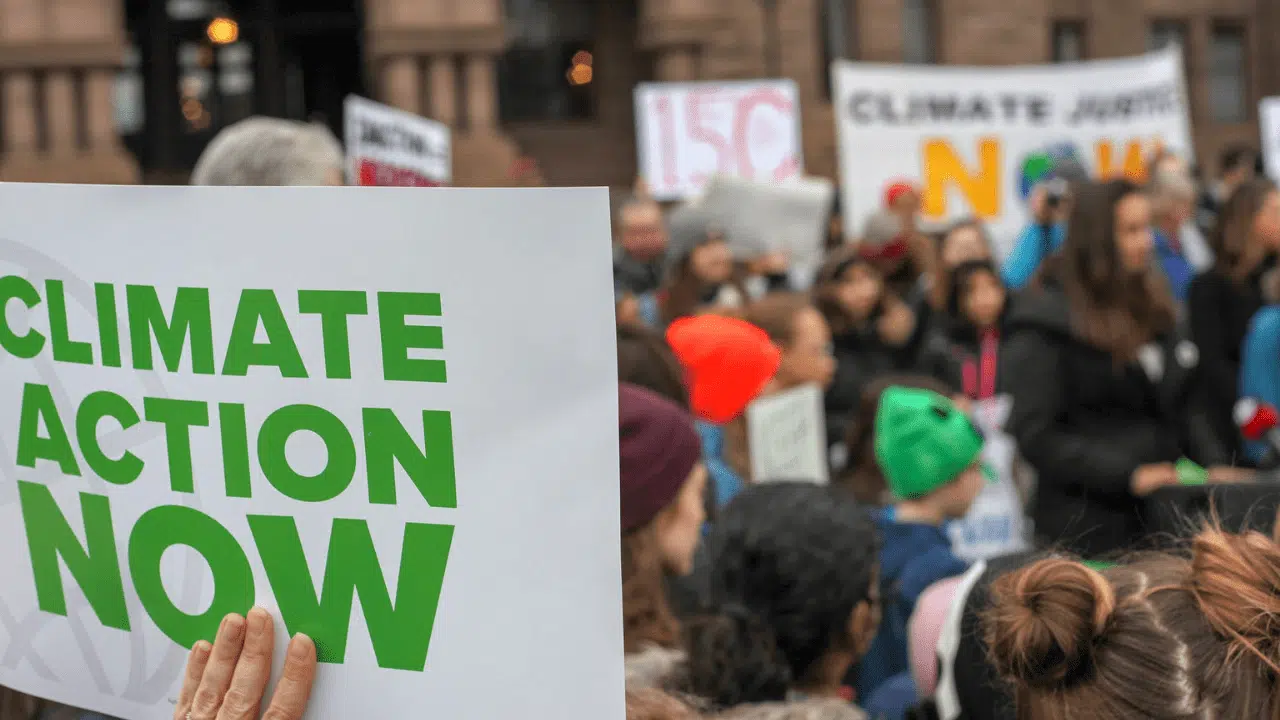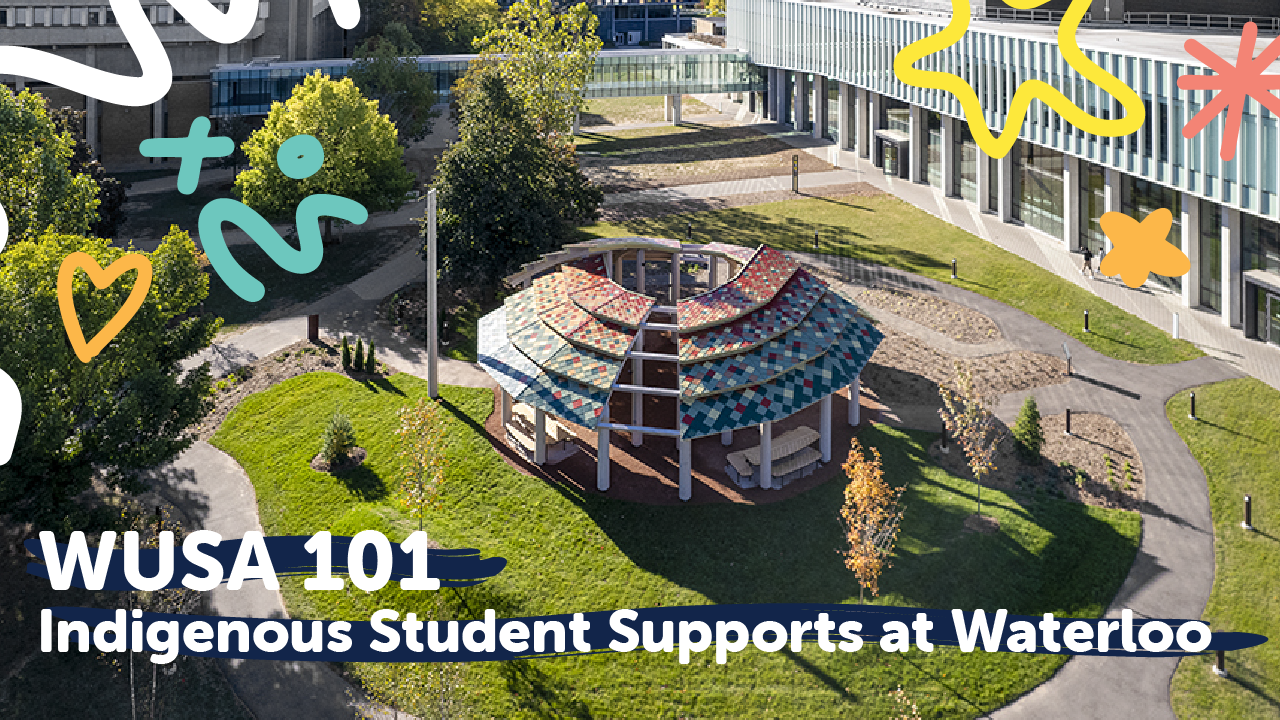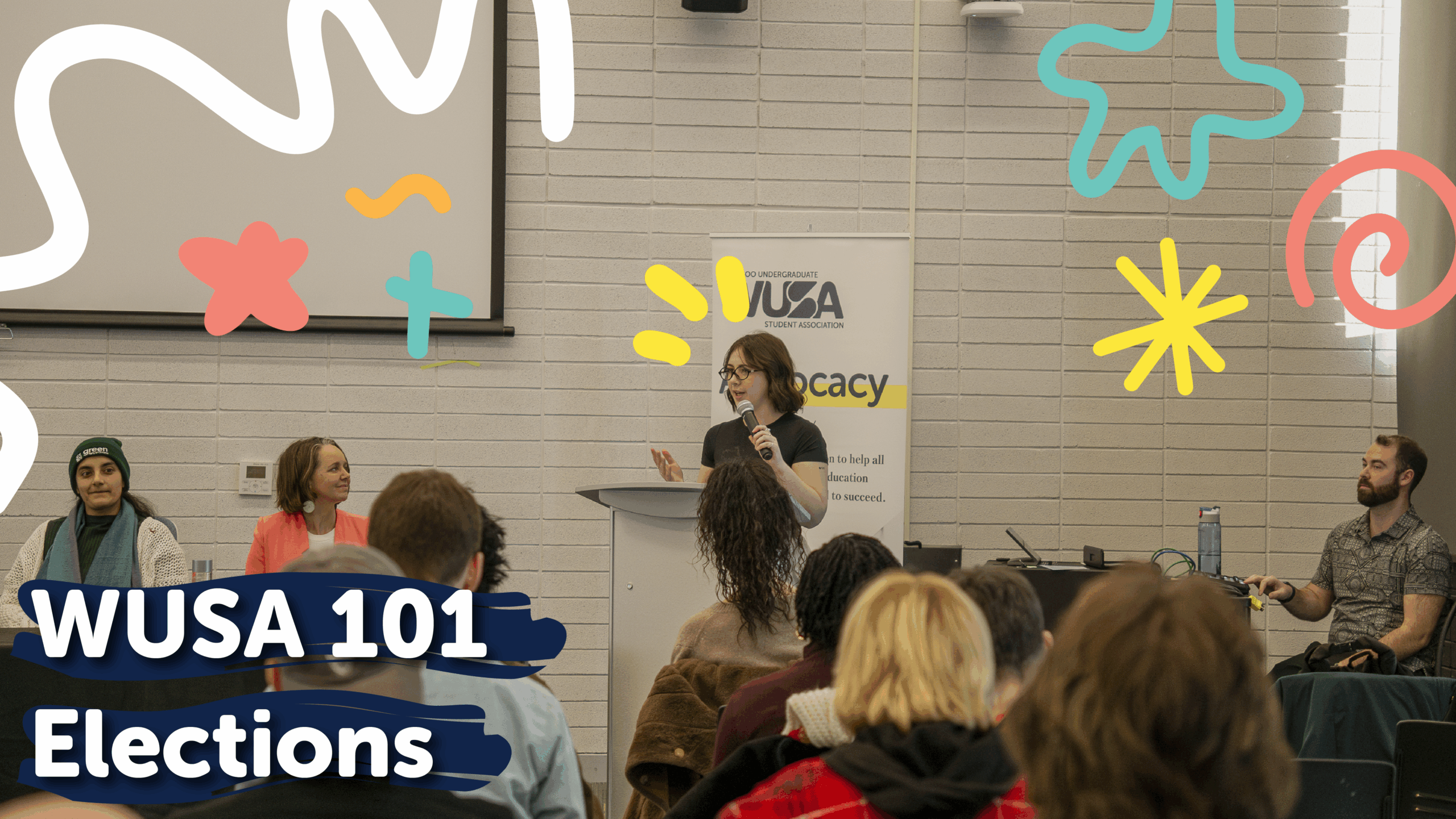UW Just Declared a Climate Emergency. Now What?

On May 19, the University released its Climate Emergency Declaration, joining the ranks of the Region of Waterloo and many other postsecondary institutions that have publicly committed to taking action on climate change. In their statement, UW affirms that “climate crisis compounds existing social and economic inequities, creating additional hardships for already marginalized groups”, and that we all have “a crucial role to play in climate action”.
There is a lot to celebrate in this declaration. There is a strong emphasis on the importance of climate justice and intersectionality: the recognition that the effects of climate change are unevenly distributed along socioeconomic and geographic lines. As people who live and work in Canada, we have a disproportionately large per capita impact on the environment, and therefore have a greater responsibility to contribute to the fight.
I was heartened by the calls to an interdisciplinary and holistic approach to tackling the climate crisis. When facing a serious existential threat, we need everyone on board. Whether it is delivering medical aid to climate refugees, developing renewable energy technologies, or working in all levels of government to enact strong climate policies, every industry and field can and must bring their skills to the table.
The four pillars go into more depth about specific goals, including more investments in research and reducing greenhouse gas emissions on campus. They acknowledge that we can mobilize the incredible human and physical capital in our school community towards forging a more ecologically conscious and equitable future for our planet.
However, there is still room for improvement. If we’re in a climate emergency, we must act like it. Not only do we need to meet our 2025 and 2030 targets, but we must also immediately begin building momentum to reduce our environmental impacts as much as possible.
My main critique is this: how will these high level objectives translate into the day to day experience of students? For the average student, the climate crisis may just be a blip on the radar: one worry on the back burner behind submitting assignments, finding an apartment, or searching for a co-op position. While we know that climate change is a pressing issue, there are still barriers to plugging into the conversation and knowing how and where to contribute to climate action within the confines of our busy lives.
As the WUSA Sustainability Commissioner, that is the core of my work. I support student clubs who do amazing work to further sustainability on campus. I am also in the process of updating WUSA policy to reflect our strengthening commitment to sustainability, and am exploring ways to collaborate with Faculty members and students to incorporate climate action into curricula. I hope to facilitate resource and knowledge sharing, and to inspire and engage as many students as possible on issues of sustainability.
We all have our part to play in combating the climate emergency. UW’s public commitment to climate action is a step in the right direction, but we need to accelerate. Now, we need to keep UW accountable for its promises and to continue pushing to go further and faster.
__________
I’d love to hear your thoughts on the climate emergency declaration or any ideas that you may have to improve sustainability and student wellbeing on campus. Email me at wsp@wusa.ca.
Published: Thursday, June 3, 2021



